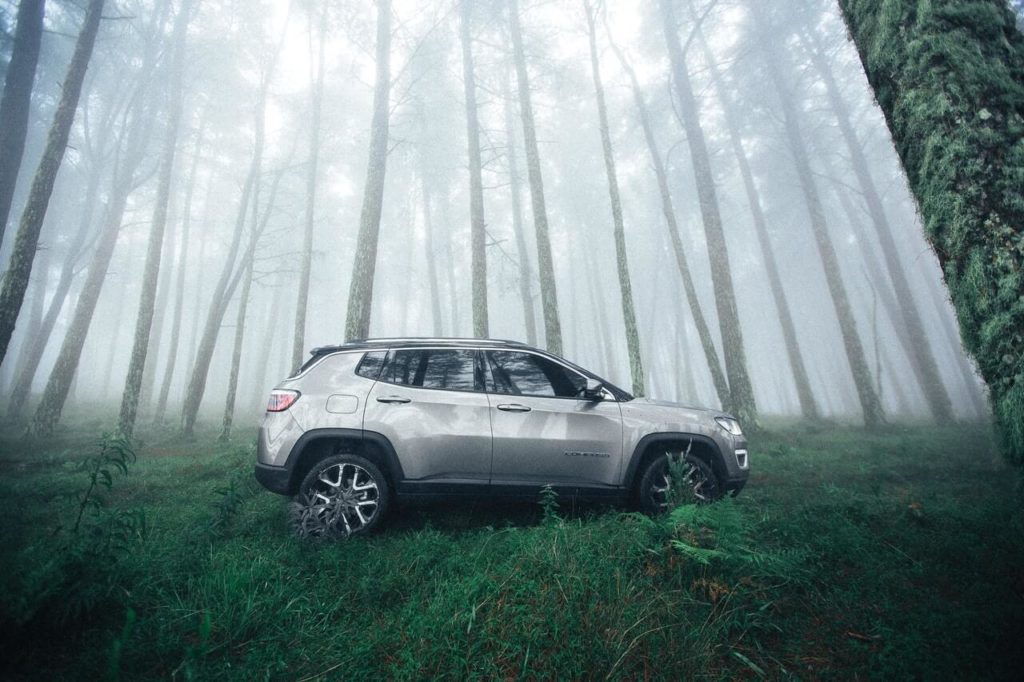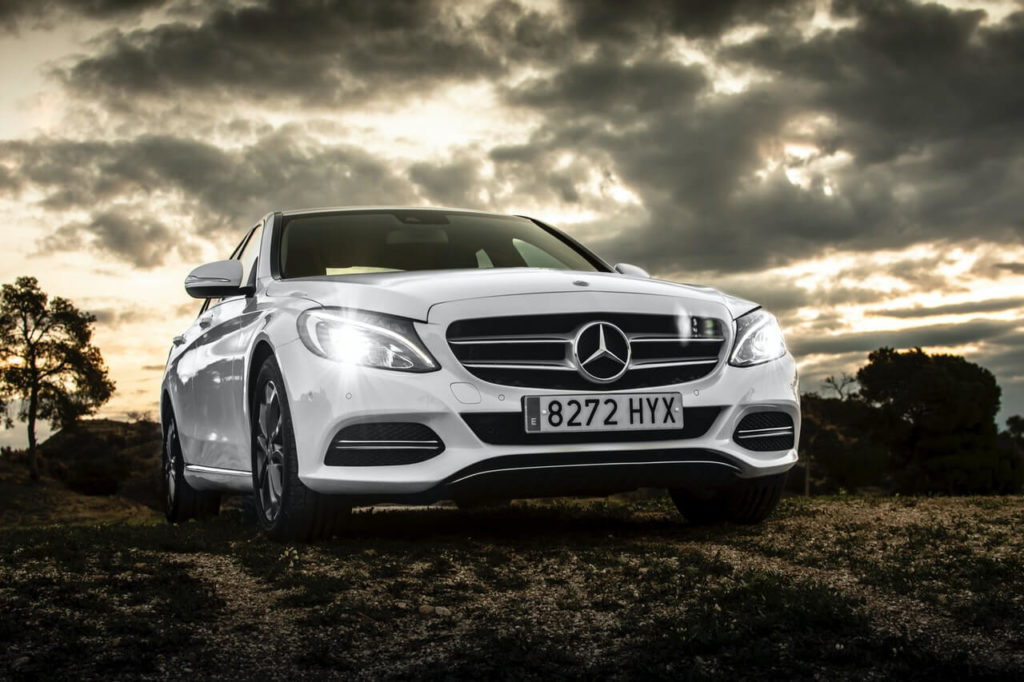“Buying a second car for commuting – Should I buy a second car or not?” is a common question for most people. While numerous reasons support purchasing a second car, several others often disagree. For example, if you have accepted a new job and it requires you to travel a lot to and from work, you might feel the need to buy a second car.
Maybe your current car is proving expensive due to its high maintenance costs, high fuel costs, or poor mileage. Thus, you might feel the need to get another car to cut down the costs over these.
Additionally, your financial status is also essential to consider as it is challenging to manage two cars simultaneously. So, it’s a yes-no type debate on whether you should buy a second car for commuting or not.
This article will help you conclude in this regard.
Quick Navigation
Understand replacing a car vs. Adding a car

Before anything else, it is first essential to understand the minute difference between replacing a car and adding a car. When you replace a car, you replace your current vehicle with a better one in every sense.
This can include better resale value, more gas mileage, lower maintenance costs, repair costs, and so on. If you don’t belong to the wealthy class, having just one car is a good decision.
In another case, say, you are buying one more car for different purposes for which the current car isn’t suitable. This way, you’ll end up having two vehicles in your garage. Subsequently, your monthly expenses on the cars will go up.
For example, two cars will mean double gas tune-up costs, double maintenance costs, double repair costs, and so on.
Therefore, if you are looking to reduce your spending in half by having just one car, it is a better choice. There might be times when you feel the need to own two cars, so it is entirely a personal choice.
The longer commute you must make daily, for example, is one of the reasons to add another car. We will discuss this in the following sections.
Buying a Second Car For Commuting? Should I do it?

As stated above, adding a new car makes sense when you have to travel at least 50 to 100 miles (or more) round-trips on a daily basis. On top of this much travel, you could find that your current car isn’t suitable for such hectic travel.
Additionally, there are several other reasons why buying a second car may prove beneficial for you for commuting. These include:
- You currently own a truck or SUV that gives a poor mileage.
- Your luxury car isn’t suitable for your day-to-day travel through rough conditions.
- Your sentiments attached with your car don’t let you get rid of it.
- Your car isn’t practical and reliable for long trips due to its age.
- Though you have leased a vehicle, it has a fixed limit for daily travel.
- You want to increase the life of your current vehicle by cutting down the distance it is made to travel.
Therefore, all these cases show that buying a second car makes sense if you travel a lot to and from work. In that case, calculating the cost of your second car also becomes essential.
As you cannot pick any random car, you will have to consider several factors. First, let’s see how to calculate the cost of your second car.
How To Calculate The Cost Of Your Second Car?

There are different categories of cars available on the market with various features and other variables. The following are a few variables you should know while calculating the cost of your preferred car.
1. Cost of the fuel or mileage
Poor fuel economy is probably the top reason you are buying a second car for daily travel. Thus, it is important to be careful about this. There are two types of vehicles – one that uses more fuel for less distance, and the other uses less fuel for more distance.
Offroading cars with 4WD belong to the former category, while midsize cars like Kia Rio fall in the latter. Since cars like Kia Rio deliver better fuel economy, they will consume less fuel no matter how much it travels.
Thus, choose a midsize car over a big car as a commuter.
2. Service cost and frequency
Different cars have different service requirements. While some models need servicing after every six months, others require the same after every 10,000 miles.
As a rule of thumb, the cheaper the car, the more reasonable its maintenance costs, and vice-versa. However, you can’t ignore the life and condition of the vehicle.
3. Insurance costs
Suppose you drive home a new car. After a few months, it goes through an accident and requires a massive amount of money for its repair. How would you react?
You recently spent a significant amount on the car, and now its repair cost is more or less the same. To avoid these situations, you must insure your car against accidents.
Though insurance would help you get your car repaired at a lower cost, you would have first to survive its insurance costs. A larger, newer, and expensive car generates high insurance costs and vice-versa.
4. The depreciation value
All cars lose their value after a few months/years of ownership. For example, a standard car loses around 25-50% of its original value in the first three years of ownership.
However, an expensive luxury car loses over 60% of its original value within the same period. Thus, you should know how much value your second car will fetch if you decide to sell it later.
This, however, hugely depends upon your car’s condition and performance at the time of the second deal.
So, this is how you can calculate the cost of your second car and likewise manage your expenses.
What are the Pros of Buying a Second Car?
Buying a second car is a huge decision, and the following advantages of the same justify it.
- You can avoid overdriving in a single car.
According to experts, the more you drive a car, the higher the chances of its breakdown. Due to this, its maintenance costs will rise. Contrary to this, if you have two cars, you will be able to avoid all this.
You can use any of the two cars for travel. In this way, you’ll use both cars equally and reduce the risks of breakdown and maintenance costs.
- You won’t have to wait for the car to get free.
This is the most common problem associated with having a single car at home. If someone else has taken the car out, you will have to wait for their return.
However, with another car in the garage, you can drive away without having to wait for anyone. Since you have to commute longer miles to get to the office, this is the wisest decision you could make.
- Your car won’t suffer much wear and tear from now onwards.
The more you drive your car, the more wear & tear it will suffer. To get rid of this, you can use both your cars equally.
These advantages prove why having a second car at home is a must.
What are the Cons of Buying a Second Car?
Apart from the above advantages, you must be mindful of the following disadvantages of the second car.
- Your overall expenses will increase.
No matter how much you earn, your overall expenses will increase due to the second car. For example, you will have to spend more on their servicing, maintenance, fuel, repair work, and so on.
Besides, if you end up using one car over another car, there are chances that the less used car may sit down. This will lead you to spend more to drive it again.
- More cars mean more parking space.
If you have space in your parking for a single car only, you will have to first add more space to it. This will indirectly add to your second car’s overall costs.
Thus, you should not buy a second car if there is not much space to park it.
These two are the major disadvantages of owning a second car.
What are the best commuter cars as the second car?
Depending upon how much you commute daily, there are different commuter cars you can consider. The following are the top models that ideally define what a commuter car should look like.
1. Honda Civic Sedan
Honda Civic Sedan is the best model in the range of commuter cars. It has a moderate price tag. It has good fuel economy, sufficient space for five adults, comfortable interiors, etc. You can’t ignore its safety features like airbags, lane assistance, etc.
If you regularly commute through heavy city traffic, Honda Civic is for you. It comes in several models with additional features to make your travel smooth and safe.
2. Chevrolet Bolt
If you want an electric car and not a gas engine car, you can consider the Chevrolet Bolt. It can travel for around 259 miles on one complete charge. However, this is for city roads only.
Further, you can use their patent myChevrolet mobile app to find the best and shortest route for your journey. The car can carry five passengers of average height. It’s a subcompact car with more headroom than legroom.
The cargo space isn’t much, but you can increase it by folding the rear seats when not in use.
3. Mini Countryman
The Mini is a luxury car brand, and its Countryman is a good choice for a family of five. Though it’s a compact car, it has enough space for luggage at the rear. You also get heated seats for the winter season.
It’s available in both 2WD and 4WD (Countryman All4). You get Mini’s standard seven-speed automatic transmission for a smooth and safe journey.
Not to forget its low price and maintenance costs over other models.
4. Toyota Corolla Hatchback
Toyota manufactures the world’s safest cars without a heavy price tag. This Toyota Corolla comes as a sedan, hatchback, and hybrid. However, its hatchback model is a better pick.
It comes with a 6-speed manual and automatic transmission. However, you will have to pay $1000 extra for the latter. This hatchback model delivers better fuel economy on both city roads and highways.
The interiors of the car are made from soft materials instead of hard plastic. This gives the interiors a nice look and extra comfort.
Other features of Toyota Corolla include lane-departure assist, automatic emergency braking, high-beam headlights, and so on. Not to forget the cruise control.
5. Hyundai Ioniq Hybrid
As the name suggests, the Hyundai Ioniq Hybrid comes with a petrol engine and electric motor. Both the engine and battery are present under the hood for a quiet operation.
The 60:40 seating system allows more cargo space at the rear when the rear seats are not in use. Additionally, the interiors of the Hyundai Ioniq Hybrid are made out of recycled materials.
It features Hyundai’s standard safety features with a wireless Apple CarPlay or Android Auto. If you commute daily through the city roads, you should buy the Ioniq Hybrid.
6. Hyundai Tucson
Hyundai Tucson is a good family car with enough space for five adults and their cargo. Its interiors are made using unique stain and odor-resistant material.
The company also provides multiple safety features to ensure a safe drive under all weather conditions. Its cargo space has an adjustable floor.
On the other hand, the rear seats are foldable and aids in increasing cargo space.
Conclusion
If you regularly commute through heavy traffic covering longer miles, buying a second car makes sense in your case. This will not only allow you to use either car daily, but the family members may also use one car behind you.
However, it is essential to remember that buying a second car for commuting or other reasons also poses different challenges. For example, your overall expenses will increase among others.
Furthermore, you will have to increase your parking space to park two cars. Apart from these, if your income allows, buying a second car isn’t a wrong decision to make.
Reference links:
https://wealthcouple.com
https://carnextdoor.com
https://horsepowerful.com

